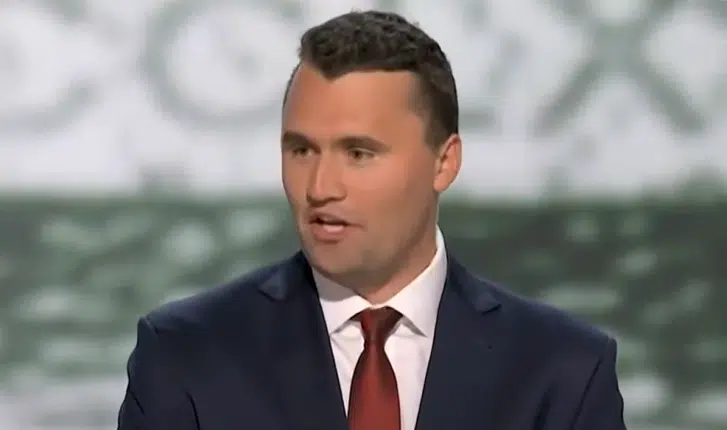By Rebekah Rast – There is no denying the overlap and ineffectiveness of various federally funded programs. And the federal government’s involvement in the education system is no exception.
Even from looking at the President’s fiscal year 2012 budget, it seems not all federal education programs are worthwhile.
Programs including Grants to Reduce Alcohol Abuse, Elementary and Secondary School Counseling Program and Teaching American History were left out of Obama’s budget. Why? These particular programs are duplicative of other federally funded programs.
While other programs like the Mentoring Program, Comprehensive School Reform and Ready to Teach Grant Program currently aren’t even funded by the federal government and Healthy, High-Performance Schools, Combating Domestic Violence and Teacher Mobility are programs that have never received funding.
Yet all these programs and more could be funded at any time, bringing more waste and inefficiency into the education system and using more taxpayers’ dollars to do it.
This is why the Committee on Education and the Workforce introduced H.R. 1981, The Setting New Priorities in Education Spending Act.
“We need to look at all these programs and clear some of them out of the way,” says Rep. John Kline (R-MN), Chairman of the Committee on Education and the Workforce, in an exclusive interview with Americans for Limited Government (ALG). “Some haven’t been funded in years, some are known as non-producing by OMB (Office of Management and Budget) and some are clearly inappropriate for the federal government to fund.”
The Setting New Priorities in Education Spending Act will repeal the authorizations of nearly 40 education programs, reducing the number of federally funded elementary and secondary school programs in half.
“This will allow students, teachers and taxpayers to focus their time and resources on those programs with a proven track record of success,” says Bill Wilson, president of ALG.
This legislation comes at an appropriate time. A recent Rasmussen Reports national telephone survey found that 72 percent of taxpayers say they are not getting their money’s worth from the current public education system. Of those 72 percent, only one in three voters thought that sending more money towards the education system would aid student performance.
Ridding the system of unnecessary and wasteful programs would not only save taxpayers more money, it would also put children on a more successful, focused path to education.
“We spend an enormous amount of money on K-12 education and we do not get a good return on our investment,” Rep. Kline says. “This legislation will reduce the bureaucracy and the role of the federal government in education. It will save money and move us closer to the goal of getting kids a better education.”
Per pupil spending on education has tripled since the 1960s and increased 138 percent since 1985, adding up to a national average of $9,000 per pupil. Despite increased education spending, academic performance remains flat and unchanged.
Something needs to change in the education system.
“The federal government has grown steady since 1965,” Chairman Kline states. “Its role has grown and grown in the education system and it is clear to me that we need to review everything the government does and evaluate whether it is necessary or not.”
As with all changes to the education structure the top priority should be the children. With a more focused approach to the system, funding only programs with a proven success record, children will reap the benefits.
“It would be a huge benefit to students and taxpayers alike to rid the education system of programs that are clearly redundant,” says ALG’s Wilson. “Though the federal government should not have a role in education, this legislation will allow ineffective programs to be pulled out by their roots so there won’t be an option to fund them later down the road.”
Taxpayers have a right to know how their money is being spent. Likewise, children in America have the right to the best education system possible. “This legislation gets us on that path,” Wilson concludes, “as well as creates a place to start reining in spending to curb the nation’s debt.”
Rebekah Rast is a contributing editor at Americans for Limited Government (ALG). You can follow her on Twitter at @RebekahRast.






